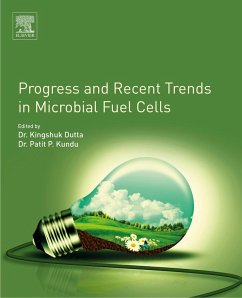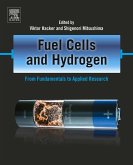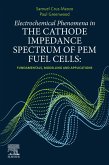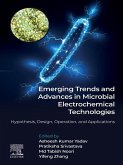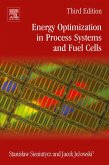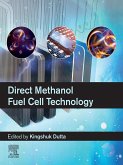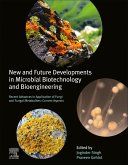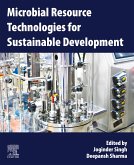Progress and Recent Trends in Microbial Fuel Cells provides an in-depth analysis of the fundamentals, working principles, applications and advancements (including commercialization aspects) made in the field of Microbial Fuel Cells research, with critical analyses and opinions from experts around the world. Microbial Fuel cell, as a potential alternative energy harnessing device, has been progressing steadily towards fruitful commercialization. Involvements of electrolyte membranes and catalysts have been two of the most critical factors toward achieving this progress. Added applications of MFCs in areas of bio-hydrogen production and wastewater treatment have made this technology extremely attractive and important.
.
- Reviews and compares MFCs with other alternative energy harnessing devices, particularly in comparison to other fuel cells
- Analyses developments of electrolyte membranes, electrodes, catalysts and biocatalysts as critical components of MFCs, responsible for their present and future progress
- Includes commercial aspects of MFCs in terms of (i) generation of electricity, (ii) microbial electrolysis cell, (iii) microbial desalination cell, and (iv) wastewater and sludge treatment
Dieser Download kann aus rechtlichen Gründen nur mit Rechnungsadresse in A, B, BG, CY, CZ, D, DK, EW, E, FIN, F, GR, HR, H, IRL, I, LT, L, LR, M, NL, PL, P, R, S, SLO, SK ausgeliefert werden.

